This research was commissioned by Childnet (as part of the UK Safer Internet Centre) and Nominet, and was carried out by Opinium.
Tagged with research
This research has been conducted to help inform Ofcom’s media literacy duty to heighten public awareness and understanding of the nature and impact of misinformation and disinformation online, as well as ways to mitigate exposure to such information.
The purpose of this research was to ensure an evidence base for the design of education about relationships for children and young people (CYP), highlighting the positive influence that well structured Relationships, Sex and Health Education (RSHE) programmes can have and to ultimately investigate ‘what works well’
The root cause? A lack of eye contact, facial expressions, human touch and even voice intonations, said Kaitlynn Mendes, an associate professor in sociology at Western University.
The company’s hostility to academic scrutiny limits our ability to understand how the platform amplifies political falsehoods
"We're not saying that fewer happy people use more social media.
"We're saying that the connection is not getting stronger."
And this was a warning to regulators and lawmakers focusing on commonly held beliefs about the harmful effects of technology on young people's mental health.

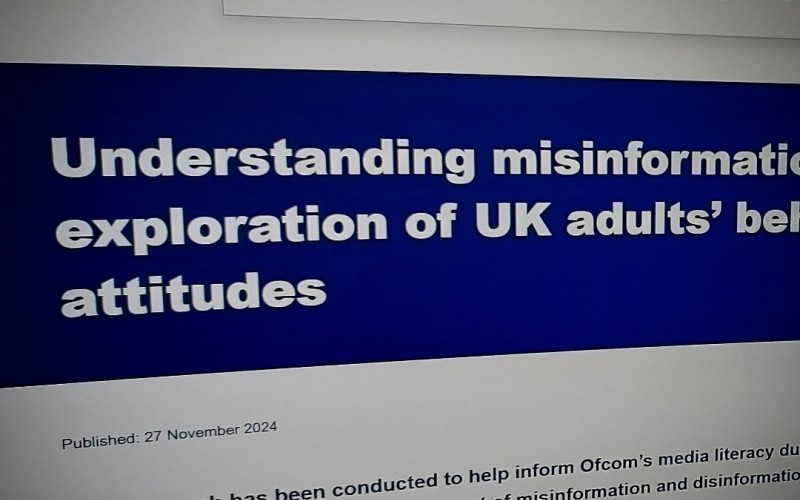
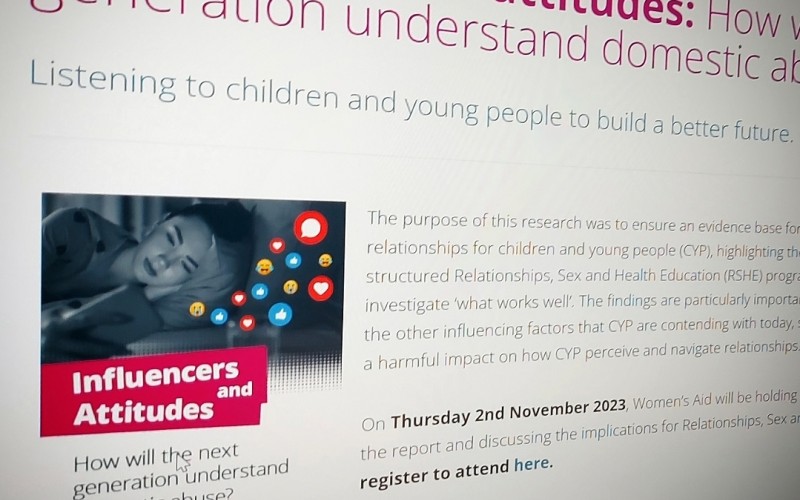
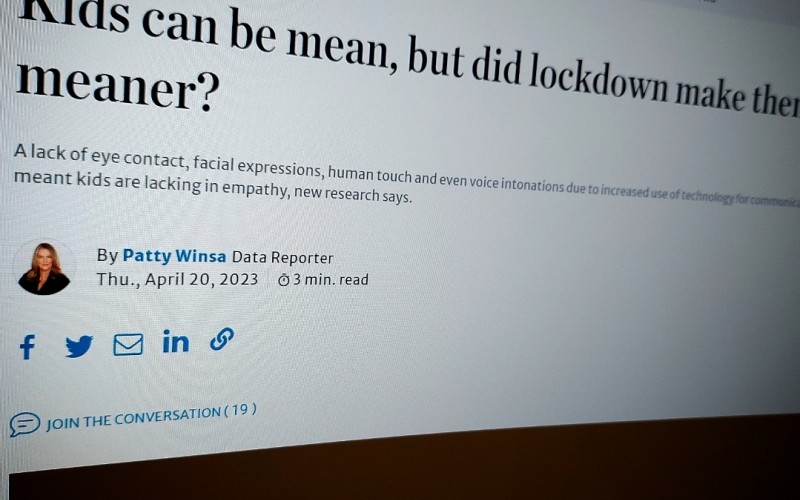
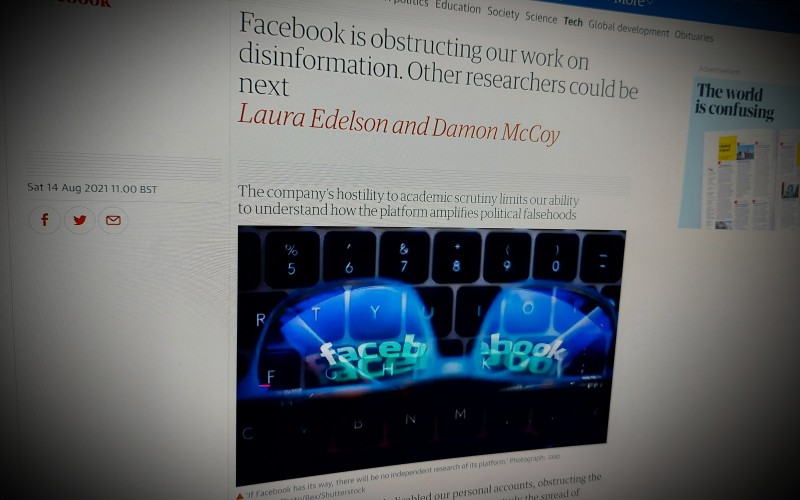
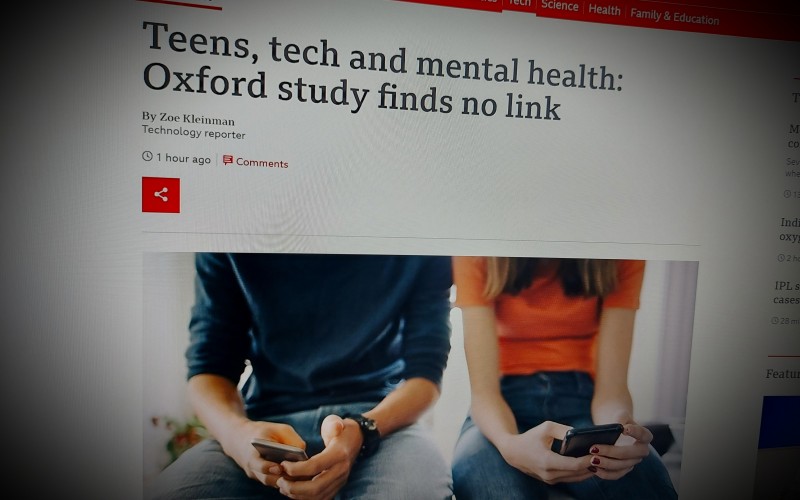
Comments
make a comment